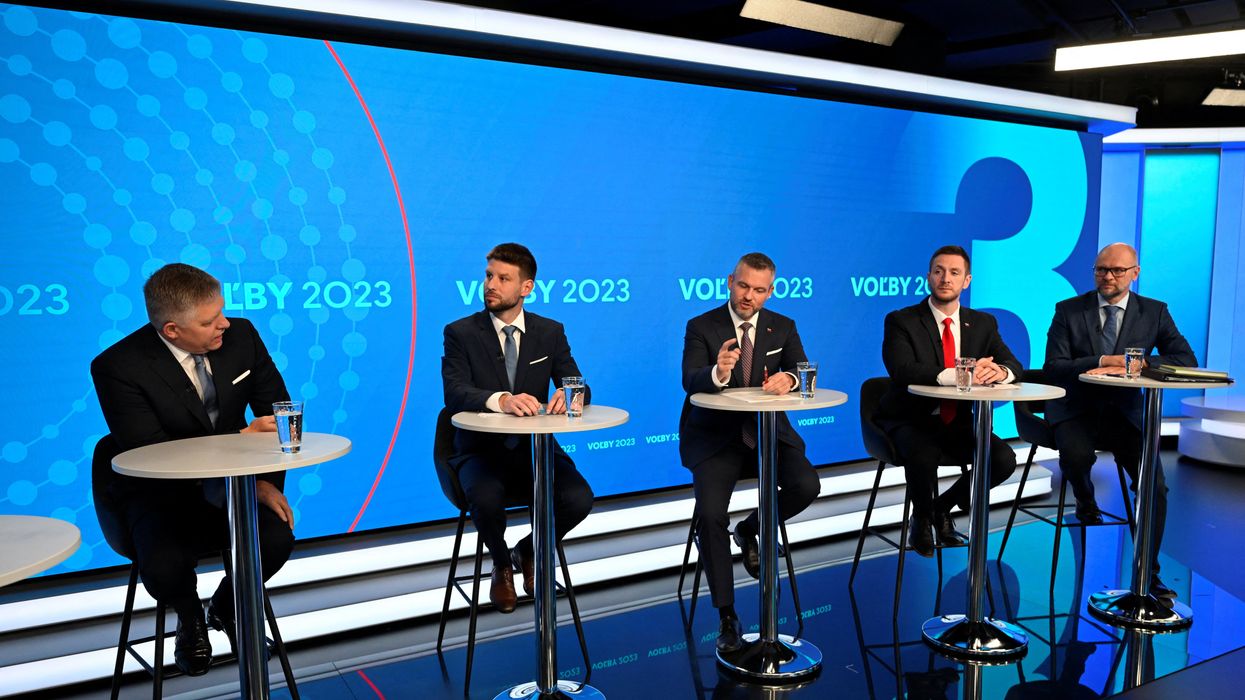GZERO Europe
Why was Slovakia's Prime Minister attacked?
What was the background to the attempted assassination of the Prime Minister of Slovakia? Are there really risks of a new wave of Russian attempts to destabilize Europe? Carl Bildt, former prime minister of Sweden and co-chair of the European Council on Foreign Relations, shares his perspective on European politics from Tallinn, Estonia.
May 17, 2024


